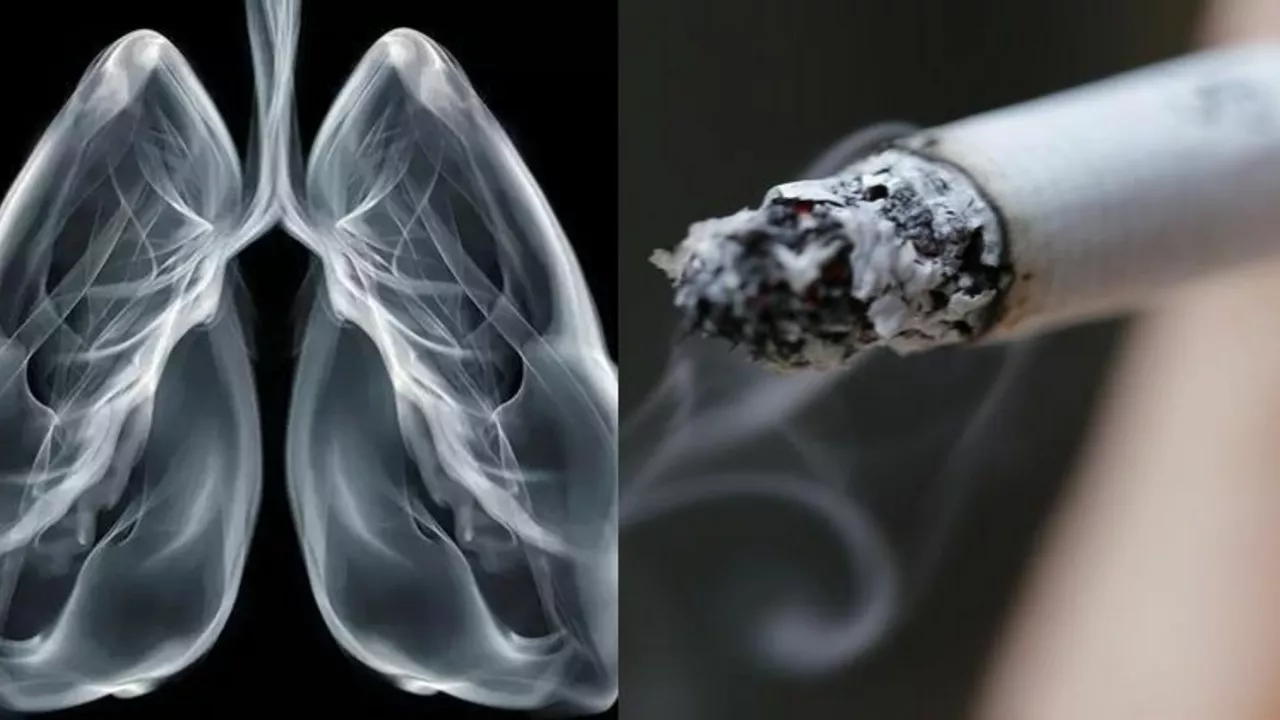Flare-Ups: Spotting the Sudden Symptom Surges
If you’ve ever felt a rash flare, joint pain spike, or dizziness appear out of nowhere, you know how disruptive flare-ups can be. A flare‑up is basically a short burst where symptoms get worse before settling down again. They happen in many conditions – from asthma and arthritis to allergies and even medication side effects.
Why Do Flare-Ups Occur?
Most flare‑ups have a trigger. Seasonal pollen can set off vertigo, as explained in our "Vertigo and Allergies" article. Stress or missing a dose of anti‑inflammatory meds like Medrol can reignite inflammation. Even switching to a new drug may cause temporary spikes if the body is still adjusting.
Understanding your own pattern helps you catch flare‑ups early. Keep a simple diary: note what you ate, any stressors, and when symptoms flared. Over time you’ll see which factors matter most for you.
Quick Ways to Calm a Flare-Up
1. **Identify the trigger** – If pollen is the culprit, close windows and use an air purifier. 2. **Use rescue meds** – For asthma, a fast‑acting inhaler can bring relief within minutes. The "New Symbicort Alternatives" guide lists options if your current inhaler isn’t enough. 3. **Reduce inflammation** – Over‑the‑counter NSAIDs or a short course of Medrol (see our "Where to Safely Buy Medrol Online" post) can shrink swelling quickly. 4. **Stay hydrated and rested** – Dehydration often makes dizziness worse, while sleep supports the immune system. 5. **Reach out for help** – If you’re unsure why a flare‑up happened, a pharmacist or doctor can check for drug interactions, like those discussed in "Buy Sinemet Online Safely".
Don’t ignore early signs; acting fast often prevents the flare from lasting longer than an hour or two. Most people find that a combination of trigger control and rescue medication stops the worst of it.
Our site has more deep‑dive pieces you might need when dealing with specific flare‑ups. If bone health worries you while on HIV meds, read "Disoproxil and Bone Health" for ways to protect your skeleton during a flare. For skin issues that suddenly get worse, the "Rogaine for Hair Regrowth" article shows how to manage irritation while treating hair loss.
Remember, flare‑ups are signals – not failures. They tell you something in your routine needs tweaking. By tracking triggers, having rescue options ready, and using reliable online pharmacy sources (like those reviewed in "Online Pharmacy pharmamarketonlinenow.net"), you can keep the spikes under control.
Got a flare‑up that just won’t quit? Talk to a healthcare professional and mention any recent changes in medication or diet. The right adjustment can turn a recurring flare into an occasional blip.
In my latest research, I've discovered a significant connection between smoking and the aggravation of proctitis symptoms. Smoking not only increases the frequency of flare-ups but also intensifies the severity of symptoms like rectal pain, bleeding, and diarrhea. This is due to the harmful substances in cigarettes that cause inflammation and exacerbate any existing conditions. If you're dealing with proctitis, it's crucial to consider quitting smoking to manage your symptoms better. It's not an easy journey, but the benefits to your overall health and wellbeing are well worth it.

